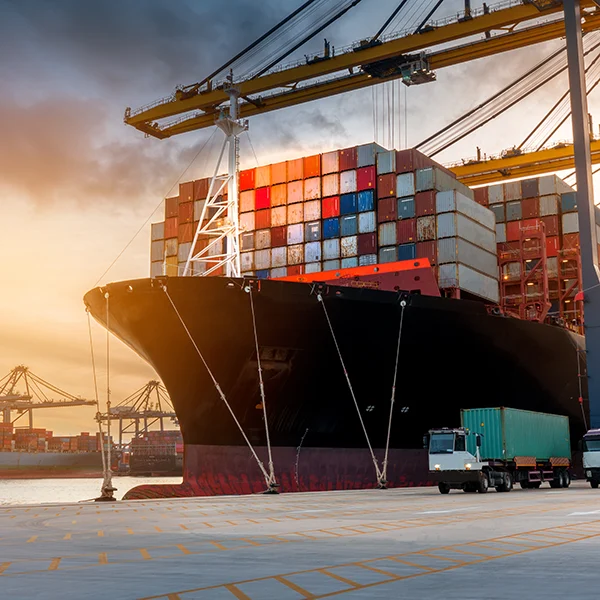Supply Chain Risk To Resilience
Better Trade Services
Global Forced Labor
An estimated 27.6 million people are in forced labor globally, with 86 percent exploited in the private economy. These workers are exploited in factories, mines, on farms, and boats. They are found at every tier of the supply chain, often particularly hidden in the lower tiers where brands have the least visibility.
In the last 25 years, there has been significant progress in understanding the dynamics of forced labor and how it impacts supply chain resiliency. Businesses have adopted numerous practices to prevent and address forced labor in their supply chains including establishing CSR programs, conducting audits, and creating codes of conduct with zero tolerance for forced labor. Many businesses, however, are still exposed to forced labor risks in their supply chains due a multitude of factors within and outside their control.

Risk of Supply Chain Disruption
Increased scrutiny by government enforcement agencies, civil society organizations, and consumers have led to strong regulations and increased enforcement. For global brands and importers, the risk of a Withhold Release Order (WRO) or Finding can mean millions in lost revenue, reputational damage, and complex remediation challenges. Simultaneously, implementation of the EU’s Forced Labor Regulation (FLR) and Corporate Sustainability Due Diligence Directive (CSDDD) are underway and will impact market regulations across the EU.
What We Offer
Remediation Support
- Immediate planning following enforcement action
- Stakeholder engagement and regulator-facing communication
- Preparation of credible evidence packages
- Supply chain remediation roadmaps aligned with government expectations
Preventive Compliance
- Risk mapping and pre-enforcement gap assessments
- Local stakeholder mapping including facilitating dialogue with worker communities
- Design due diligence processes
- Organizational and individual capacity development
Capacity Building & Strategic Engagement
- Training for brands, importers, and suppliers on forced labor risks identification and effective due diligence
- Strategic and tailored engagements with stakeholders to achieve resilient supply chains
Better Trade Collective
We help companies respond confidently and effectively to forced labor allegations, and more importantly, design processes to prevent forced labor and enforcement actions in the first place.